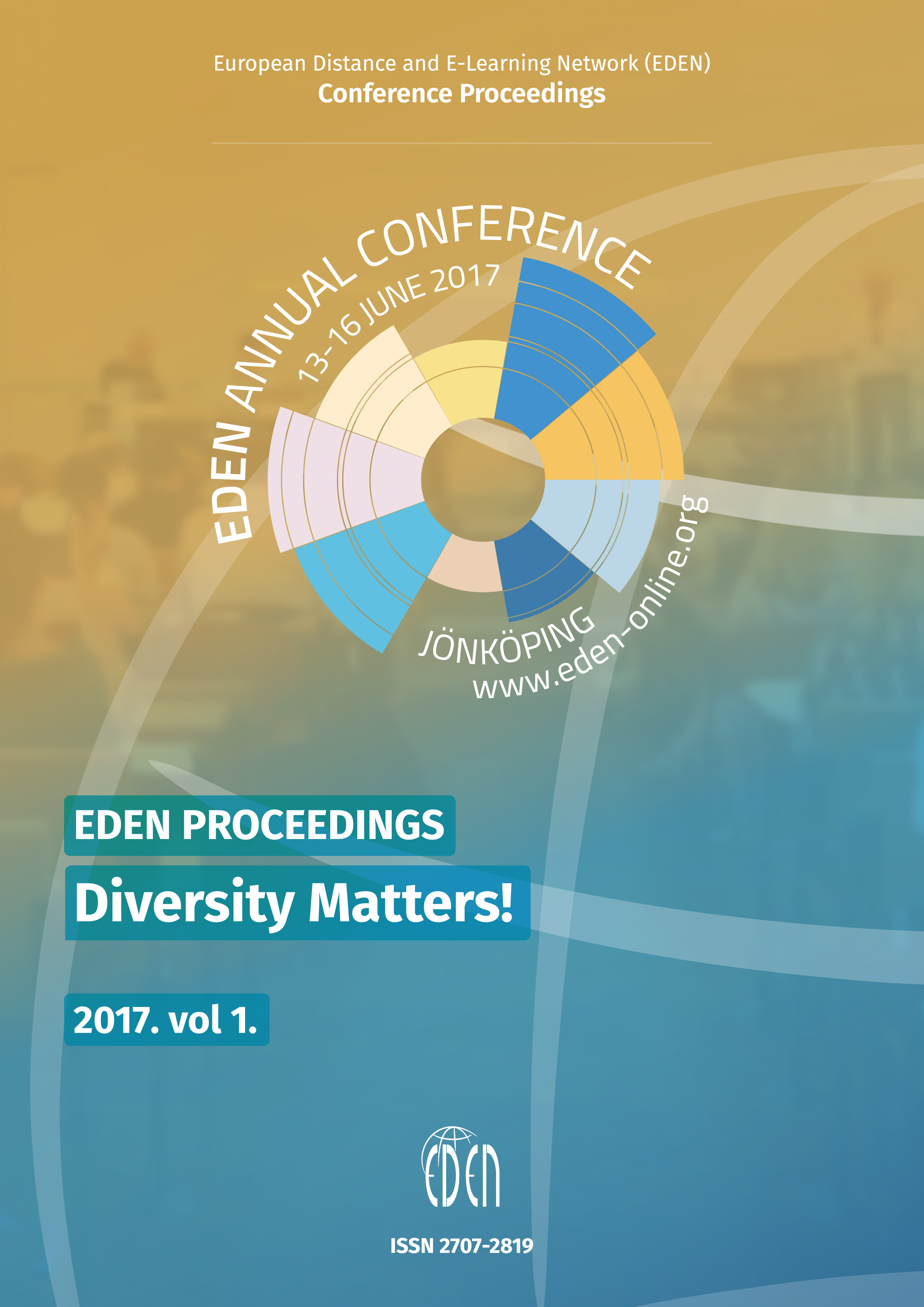The Importance of Openness within Digital Literacy
The Importance of Openness within Digital Literacy
Author(s): Fabio NascimbeniSubject(s): Social Sciences, Education, Higher Education
Published by: European Distance and E-Learning Network
Keywords: Competence development; E-skills, e-competences; Socio-economic issues; Training of teachers / trainers
Summary/Abstract: Equipping European citizens with the digital competences required by today’s knowledge society is at the core of the EU strategy, as shown by a number of initiatives undertaken by EU institutions. In 2006, the European Parliament and the European Council recognized Digital Competence as one of the eight key competences that every European citizen should master (EC, 2014); and – together with language, literacy and numeracy – as one of the four foundational skills for learning. Furthermore, enhancing Digital Literacy is one of seven pillars in the European Commission’s 2010 Digital Agenda for Europe. More recently, in 2011 the European Commission launched a project called DigComp to develop a Digital Competence Framework, which resulted in 2014 in a proposal for a taxonomy of Digital Competences for all European citizens (Ferrari et al.,2013), that is now being developed also for educators (DigCompEdu). Beyond this, work is being done at the EU level including the definition of indicators for the “safety” domain, the review of the DigComp framework on a regular basis regarding updated skills/competence needs, the identification of the digital skills requirements of different jobs and the expansion of the survey of schools on ICT in education on problem-solving (https://ec.europa.eu/digital-agenda/en/pillar-6-enhancing-digital-literacy-skills-and-inclusion).
Journal: European Distance and E-Learning Network (EDEN) Conference Proceedings
- Issue Year: 2017
- Issue No: 1
- Page Range: 103-110
- Page Count: 8
- Language: English

